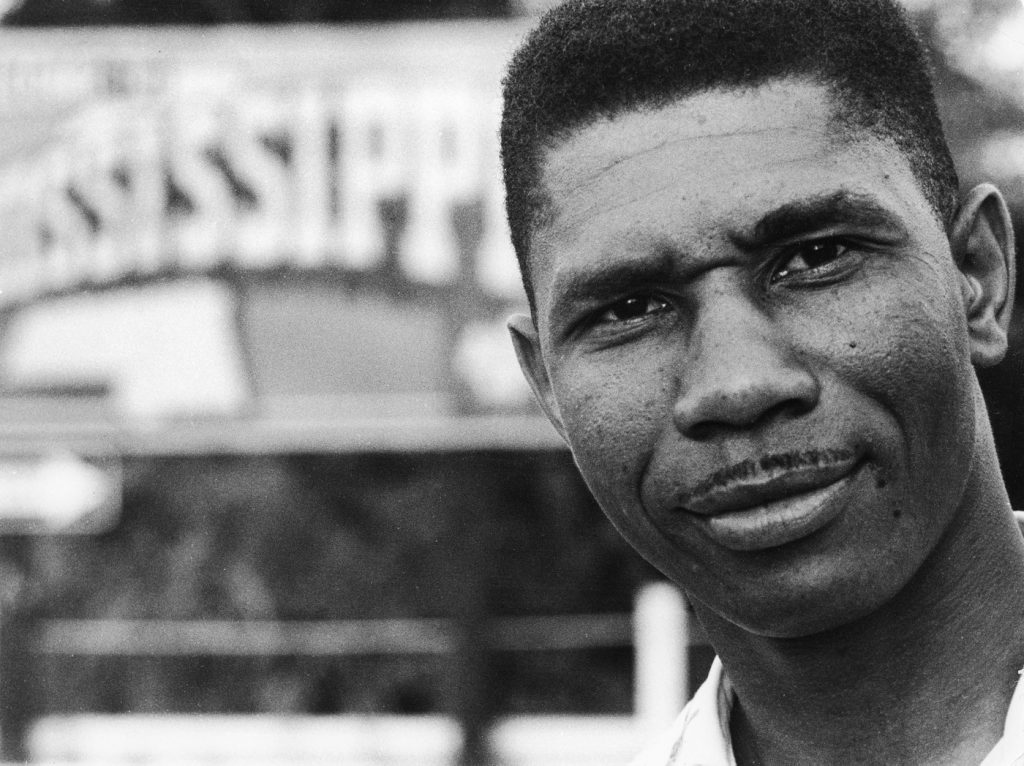Civil Rights Activist, Medgar Evers, Was Born
Civil rights activist Medgar Evers was born on July 2, 1925, in Decatur, Mississippi. Evers was the first state field secretary of the NAACP in Mississippi, and he spent his career helping to further voter registration efforts, economic boycotts and crimes committed against African Americans.
Medgar Wiley Evers grew up in a farming family and attended school in Mississippi until he was drafted into the United States Army in 1943. He fought in both France and Germany during World War II before coming back and enrolling at Alcorn State University. During his senior year, he married Myrlie Beasley, who also assisted him in activism.
After graduating from college, Evers gained employment working as an insurance salesman and soon got involved with the Regional Council of Negro Leadership (RCNL), a civil rights and pro self-help organization. While working with the RCNL Evers received crucial training in activism. He was also responsible for organizing a boycott of service stations that denied African Americans access to their restrooms.
Both Evers and his brother Charles worked with the NAACP to organize local affiliates. Evers also applied to the then-segregated University of Mississippi Law School but his application was rejected due to his race. The rejection made Evers the focus of an NAACP campaign to desegregate the school, and he soon became the NAACP’s first field officer in Mississippi.
He relocated to Jackson, Mississippi and was instrumental in helping to desegregate the University of Mississippi. The institution was forced to enroll James Meredith in 1962. Evers became one of Mississippi’s most prominent civil rights activists. As state field secretary, Evers traveled around Mississippi to recruit new members for the NAACP, assist with voter registration and lead demonstrations and economic boycotts of companies that practiced discrimination. He also fought racial injustices by speaking out on crimes against African Americans. Evers even called for a new investigation into the Emmett Till case and protested the conviction of fellow Mississippi activist Clyde Kennard.
All of Evers’ work made him a target of many threats. In the weeks leading up to his death, Evers had a Molotov cocktail thrown into his home and he was nearly run down by a car after leaving the Jackson NAACP office. However, on June 12, 1963, Evers was shot in his back in the driveway of his home and died at a nearby hospital. He was buried with full military honors in Arlington National Cemetery and the NAACP awarded him the Spingarn Medal.
Unfortunately for the Evers family, justice was not received swiftly. It took three trials and three decades for Byron De La Beckwith, a white segregationist, to be convicted of killing Evers. Beckwith was convicted and sentenced to life in prison. In 1970, Medgar Evers College was established in Brooklyn, NY as part of the City University of New York. In 2017, former President Barack Obama designated Evers’ home as a national historic landmark.


